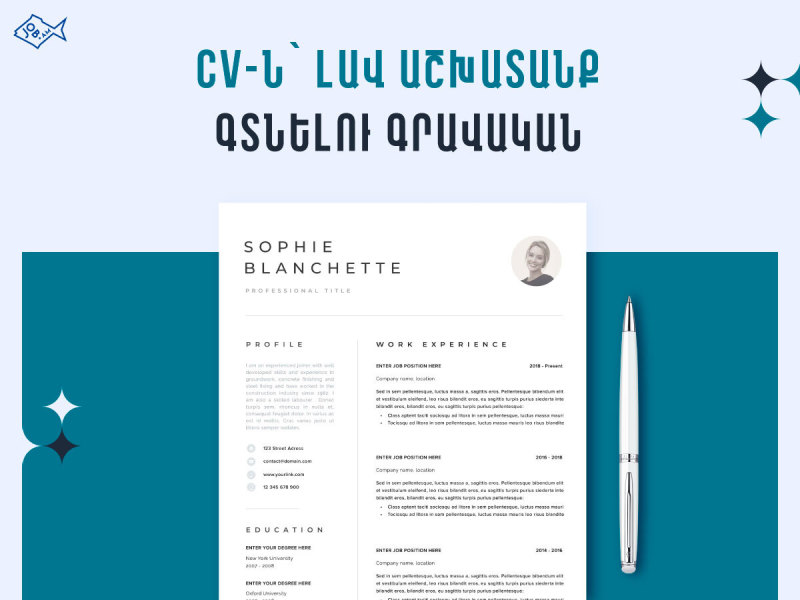A job interview is a nerve wracking experience for anyone, but for those who suffer from anxiety or low self confidence, it can be a real ordeal. Presenting and selling oneself to a panel of potentially powerful people can bring out stress, fear and nerves €“ all of which will hinder your performance and may cost you a job. Getting your nerves under control before an interview is important as not only will it help you to give a better interview, but it will also make the experience more pleasant and productive for you. Even if you don't get the job you will know that you gave the best performance that you are capable of and didn't allow your fear to wreck the opportunity. Here are some practical tips to quash your pre-interview nerves and give you the best chance of success.
Research and plan
Before the interview, make time to research the company, the job role you are applying for and even news/current affairs in the sector. Nothing will throw you off course like being asked a question about the company and not being able to answer it. Of course you don't need to know their exact yearly profits or the name of the cleaners, but going into the interview without at least a basic idea of the organization's aims, structure and services will leave you feeling out of your depth before you even begin. And whilst you can't predict exactly which questions you will be asked, you can bet that there will be variations of some general questions like €˜what are your strengths?' or €˜why do you think that you would be the best person for the job?' that you can plan in advance. Write these down and recite them to yourself so that you can reel them off in the interview. This also includes planning answers to any potentially awkward questions such as gaps in your resume and any difficult references. All of this will leave you feeling more prepared which will keep your nerves down.
Stress busting techniques
No matter how well prepared you are you are bound to feel some last minute jitters, especially if you are someone who suffers from low confidence anyway. Recovery.org identifies many personality disorders such as avoidant and dependent personality disorder which may cause the individual to experience far more extreme feelings of anxiety or low self esteem in situations such as this. Being able to control your stress levels if you suffer from things like this is extremely useful and there are some practical ways of doing this so that you don't walk into an interview visibly nervous and upset. Nerves and stress will increase your heart rate so take a few long, slow, deep breaths in order to stabilize your pulse and increase oxygen intake. Although an interview room may not be the place for a workout, light exercise such as walking or stretching is also proven to keep levels of the stress hormone cortisol down. You can also use mind calming techniques such as affirmations or visualization of the interview process going brilliantly in order to try and stay calm.
Body language
If you are feeling nervous inside, don't let it show in your body language. Even if you are saying all of the right things, a nervous disposition and certain behavioral cues will give you away whilst positive body language can help cover up the odd stutter. Avoid shuffling your feet, fiddling with your face/hair, wringing your hands or clutching onto anything too tightly €“ this all conveys nerves. Instead, make eye contact and show openness and honesty by keeping your palms upright. Leaning in slightly shows your interviewer that you are listening and engaged in what they are saying and a warm smile is a universal sign of friendliness. For those who feel worried about an interview it can be reassuring to know that once they have mastered the art of adapting their body language, they can cover up and control any conflicting feelings inside.
Clothing
It shouldn't matter, but it does. Nonverbal signs such as your body language and your clothes do factor for an employer and certainly go some way to influencing their first impression of you. It can be hard to control your body language but one thing you can control is your clothing and appearance for the interview. Knowing that you look the part will also make you feel more confident and self assured as well as indicating to your interviewer that you are taking the interview seriously enough to make an effort. One study indicated that dark, corporate colors such as black and navy are generally considered the most suitable for an interview whilst bright colors such as orange and pink were inappropriate. Casual dress is one of the worst ways to make an impression at an interview and heavy make up and excess jewelry are also best left at home.




